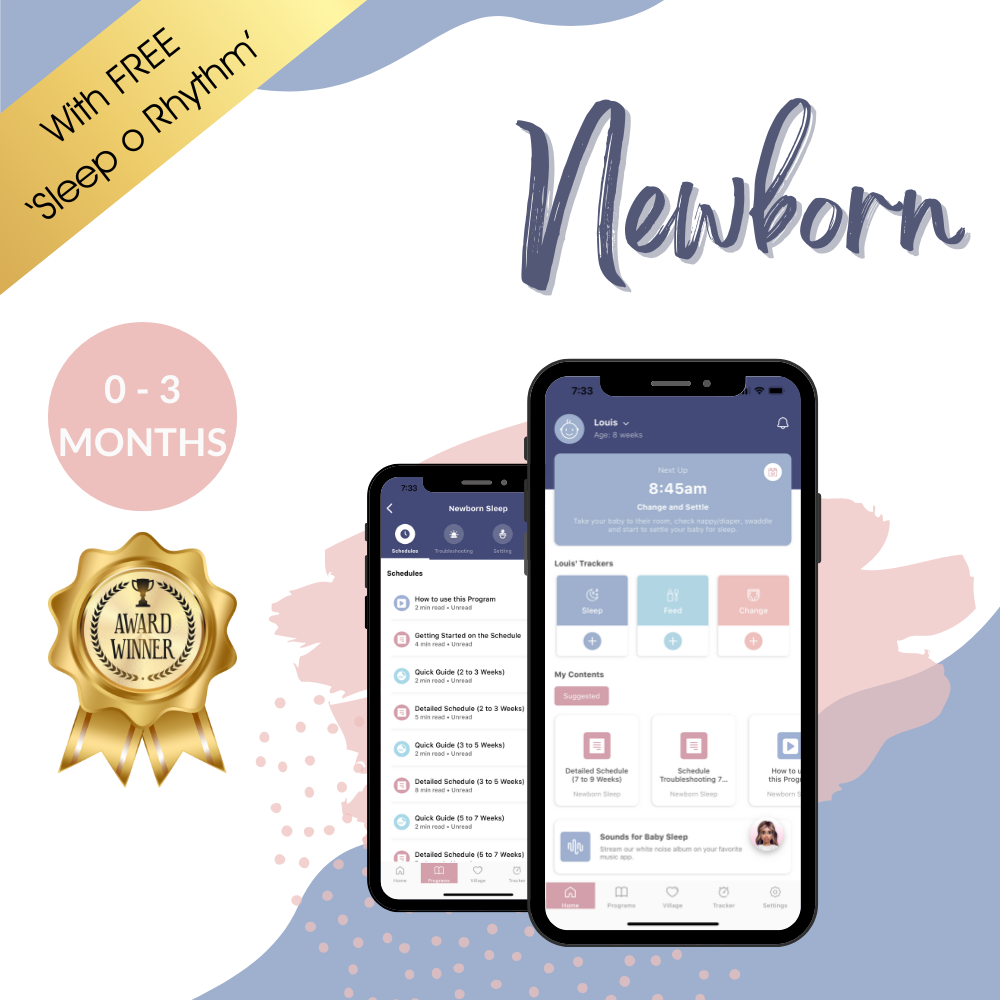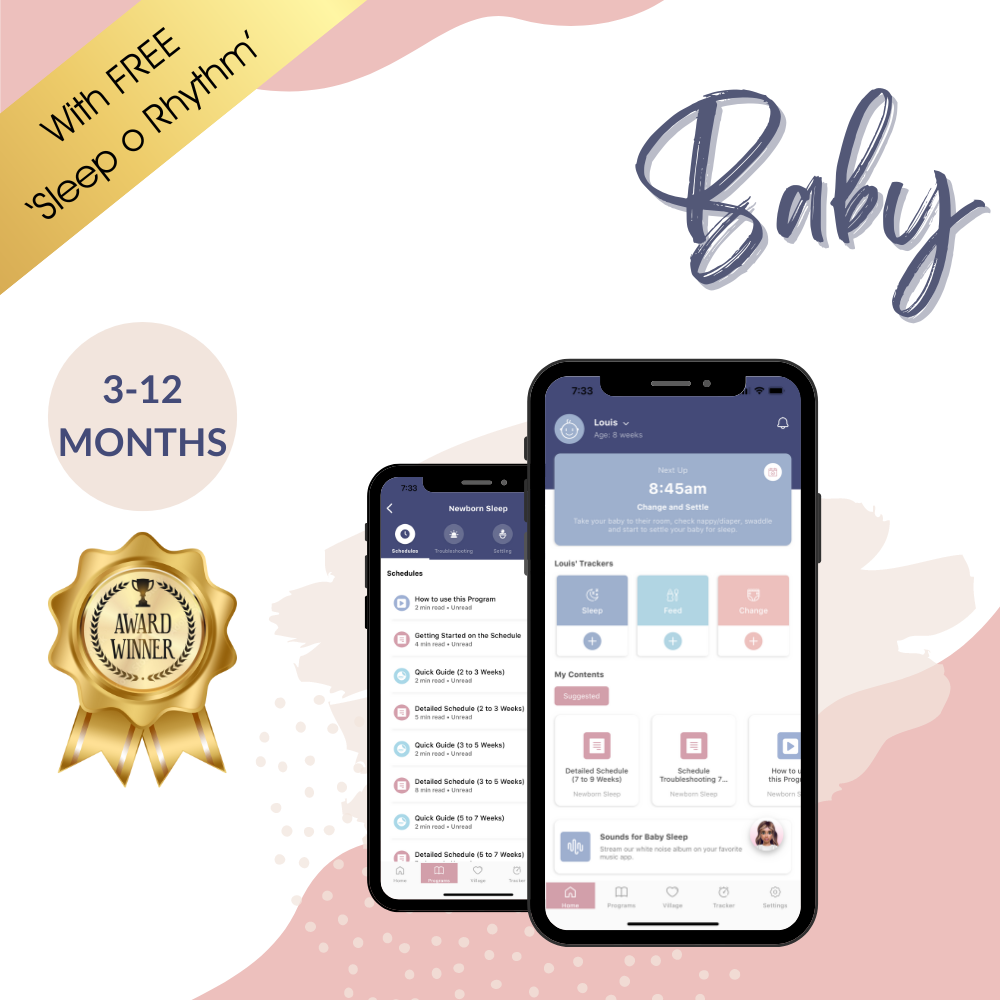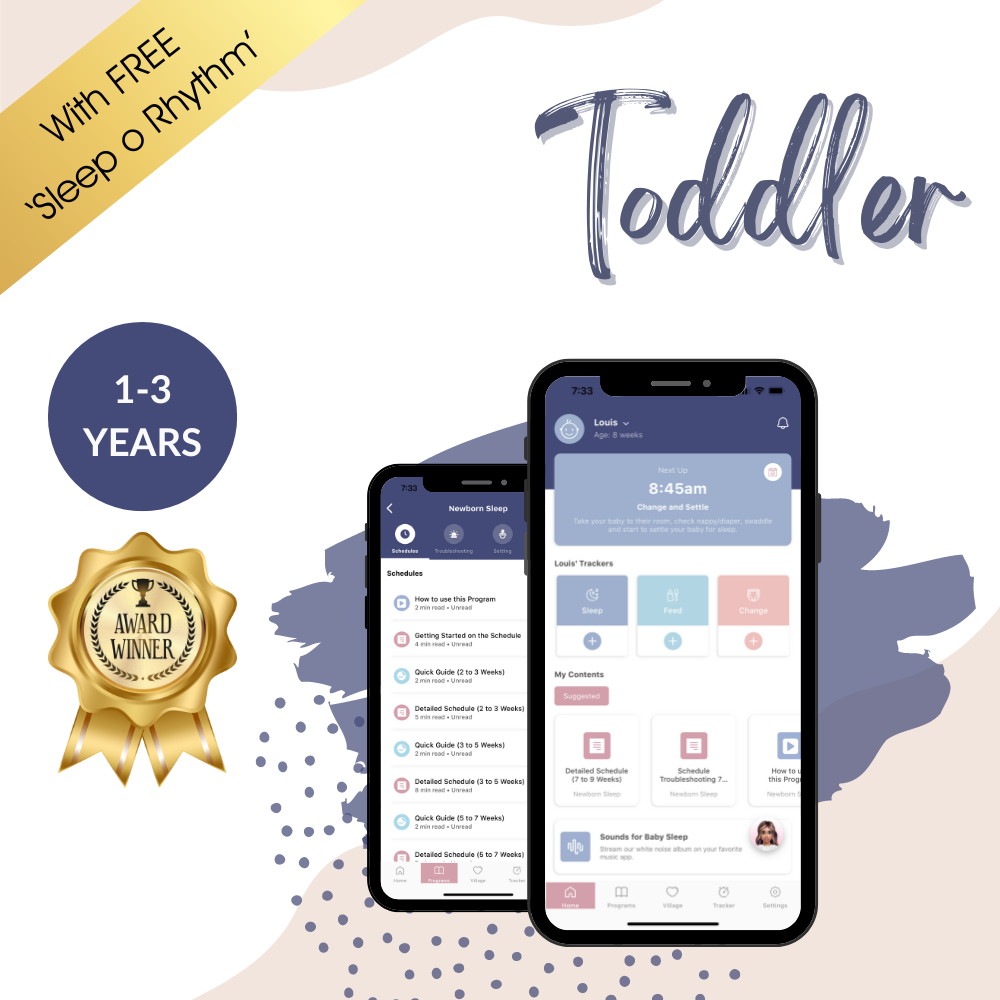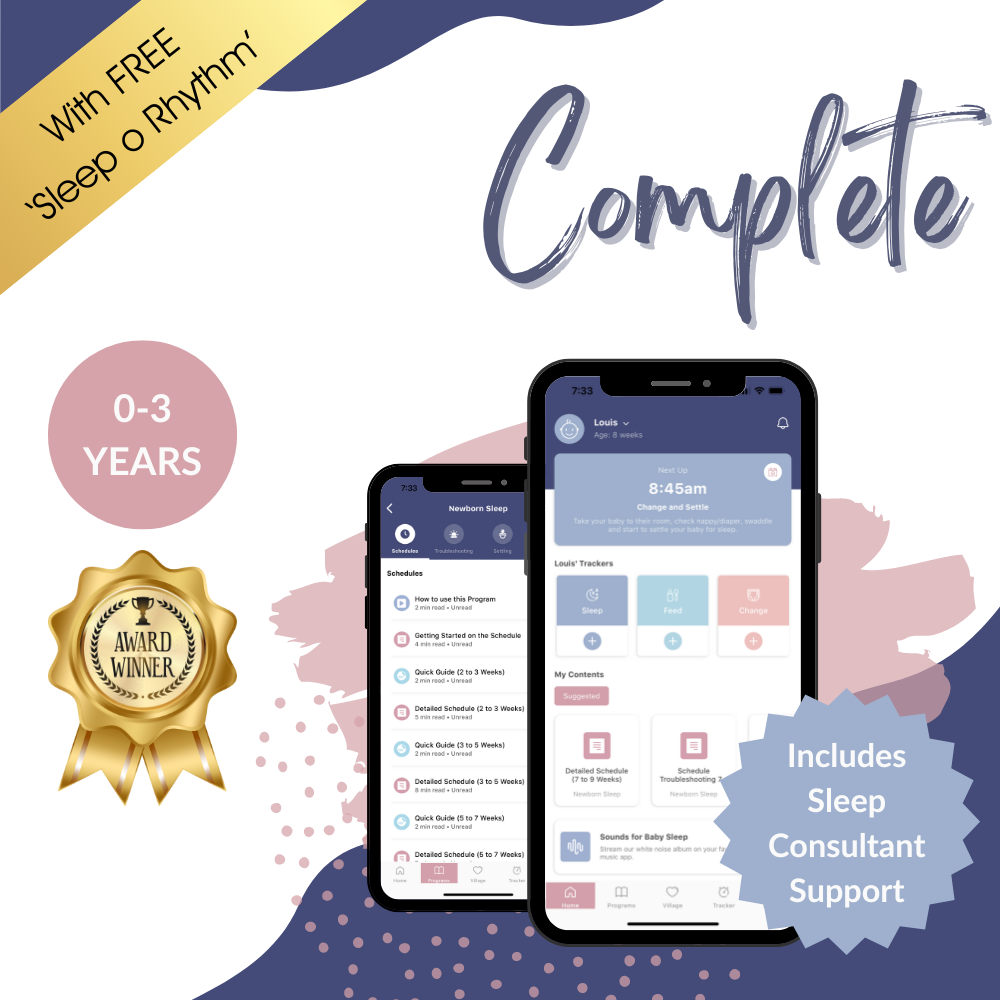
Do Babies Sleep More When Teething? 5 Insights Every Parent Should Know


Teething is one of those milestones that every parent anticipates with equal parts excitement and concern. As those first tiny teeth begin to push through, many families notice changes in their baby's behavior, mood, and sleep. One of the most common questions parents ask is, do babies sleep more when teething?
Let’s explore what happens during teething, how it impacts sleep, and what you can do to help your baby rest more comfortably.
Understanding Teething
What is Teething?
Teething typically begins around 4 to 7 months of age, although some babies may start earlier or later. It is the process of primary teeth cutting through the gums. This can be uncomfortable, and for some babies it can seem quite disruptive. In our vast experience, teething gets blamed for a lot - even when the real cause of your baby's unsettledness might be overtiredness or poor nap routine.
Common Teething Symptoms
Parents often notice:
-
Increased drooling
-
Gum swelling or tenderness
-
Fussiness or irritability
-
A desire to chew on objects
-
Changes in feeding patterns
-
Sleep disturbances
- Diaper rash
The Connection Between Teething and Sleep
Do Babies Sleep More When Teething?
Some babies do seem to sleep more when teething, but this is not always the case. While mild discomfort may make them more tired, other babies experience difficulty settling and wake more frequently. Every child is different, so the answer is not a simple yes or no.
Does Teething Cause Sleepiness?
Teething itself does not directly cause sleepiness. However, the extra effort of dealing with gum pain and the stress it brings can make babies feel more fatigued. You may notice longer naps or earlier bedtimes during tough teething days.
Impact of Teething on Sleep Patterns
Many parents report disrupted nighttime sleep. This may look like:
-
More frequent night waking
-
Shorter stretches of uninterrupted sleep
-
Difficulty resettling after waking
How Teething Affects Sleep Duration
Some babies may nap longer during the day to make up for nighttime wakefulness, while others sleep less overall. There is no one-size-fits-all pattern.
Teething vs Sleep Regression
It is important to distinguish teething from a sleep regression. Regressions usually last several weeks and follow developmental leaps. Teething discomfort is often shorter lived and improves once the tooth has emerged. The easiest way to determine whether your baby's poor sleep is teething or a sleep regression is to have them following an age-appropriate schedule, based on their developmental needs. We can help you with that with our Baby Sleep App.
We can help you through your baby’s sleep regressions!
Get ongoing, personalized support from certified Sleep Consultants. Say "yes" to better sleep!
Get our Sleep Programs
Home Remedies for Helping a Teething Baby Sleep
Effective Techniques for Nighttime Comfort
-
Cool washcloth: Allow your baby to chew on a chilled (not frozen) cloth to soothe sore gums.
-
Teething rings: Choose BPA-free rings designed for babies.
-
Gentle gum massage: Use a clean finger to lightly rub your baby’s gums.
-
Extra comfort: Sometimes your baby simply needs more cuddles or rocking during this stage.
Safety Tips When Using Remedies
-
Avoid teething gels with benzocaine or lidocaine, as they are not safe for infants.
-
Do not use frozen objects, which can damage delicate gums.
-
Always supervise your baby when offering any teething aid.
When to Seek Professional Advice
Signs You Should Consult a Pediatrician
If your baby has a high fever, diarrhea, rash, or symptoms that seem unrelated to teething, contact your pediatrician. These are not typical teething signs.
Understanding Normal vs. Problematic Sleep Changes
Mild disruptions in sleep are common during teething. However, if your baby is consistently struggling to settle, refusing feeds, or showing unusual behavior, it is worth seeking guidance.
Final Thoughts
So, do babies sleep more when teething? The answer varies. Some babies may nap more due to the extra fatigue, while others may wake more often from discomfort. The key is to watch your baby’s cues, offer comfort where you can, and know that this stage is temporary. With patience, gentle remedies, and reassurance, you can help your little one through teething and back to more restful sleep.
------------------
Bibliography
Healthline. “Do Babies Sleep More When Teething: Yes or No?” Healthline Parenting. Accessed September 2025. https://www.healthline.com/health/parenting/sleep-more-while-teething
Owlet UK. “Do Babies Sleep More When Teething?” Owlet Baby Care Blog. Accessed September 2025. https://owletbabycare.co.uk/blogs/blog/do-babies-sleep-more-when-teething
Healthline. “How to Soothe a Teething Baby at Night: 9 Tips and Tricks.” Healthline Baby. Accessed September 2025. https://www.healthline.com/health/baby/how-to-soothe-a-teething-baby-at-night
Babysense Monitors. “Do Babies Sleep More When Teething?” Babysense Blog. Accessed September 2025. https://www.babysensemonitors.com/blogs/news/do-babies-sleep-more-when-teething
Sleep Foundation. “Do Babies Sleep More When Teething?” Sleep Foundation Baby Sleep. Accessed September 2025. https://www.sleepfoundation.org/baby-sleep/do-babies-sleep-more-when-teething
Colgate. “Managing the Teething and Sleep Habits of Your Baby.” Colgate Oral Health. Accessed September 2025. https://www.colgate.com/en-us/oral-health/kids-oral-care/managing-the-teething-and-sleep-habits-of-your-baby





